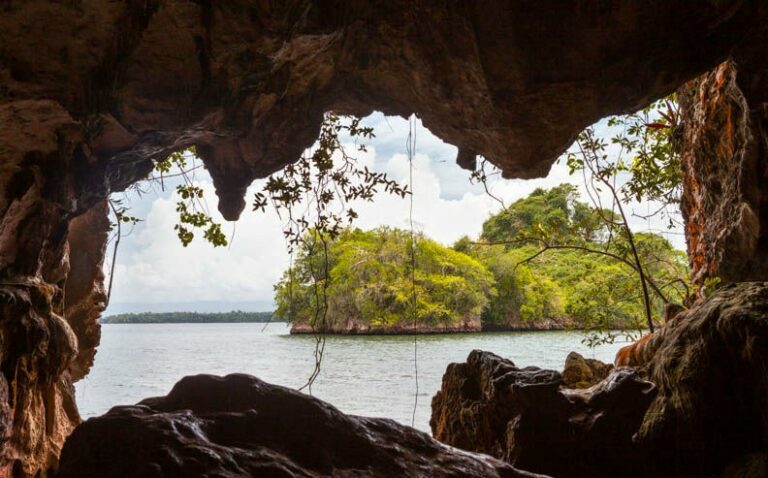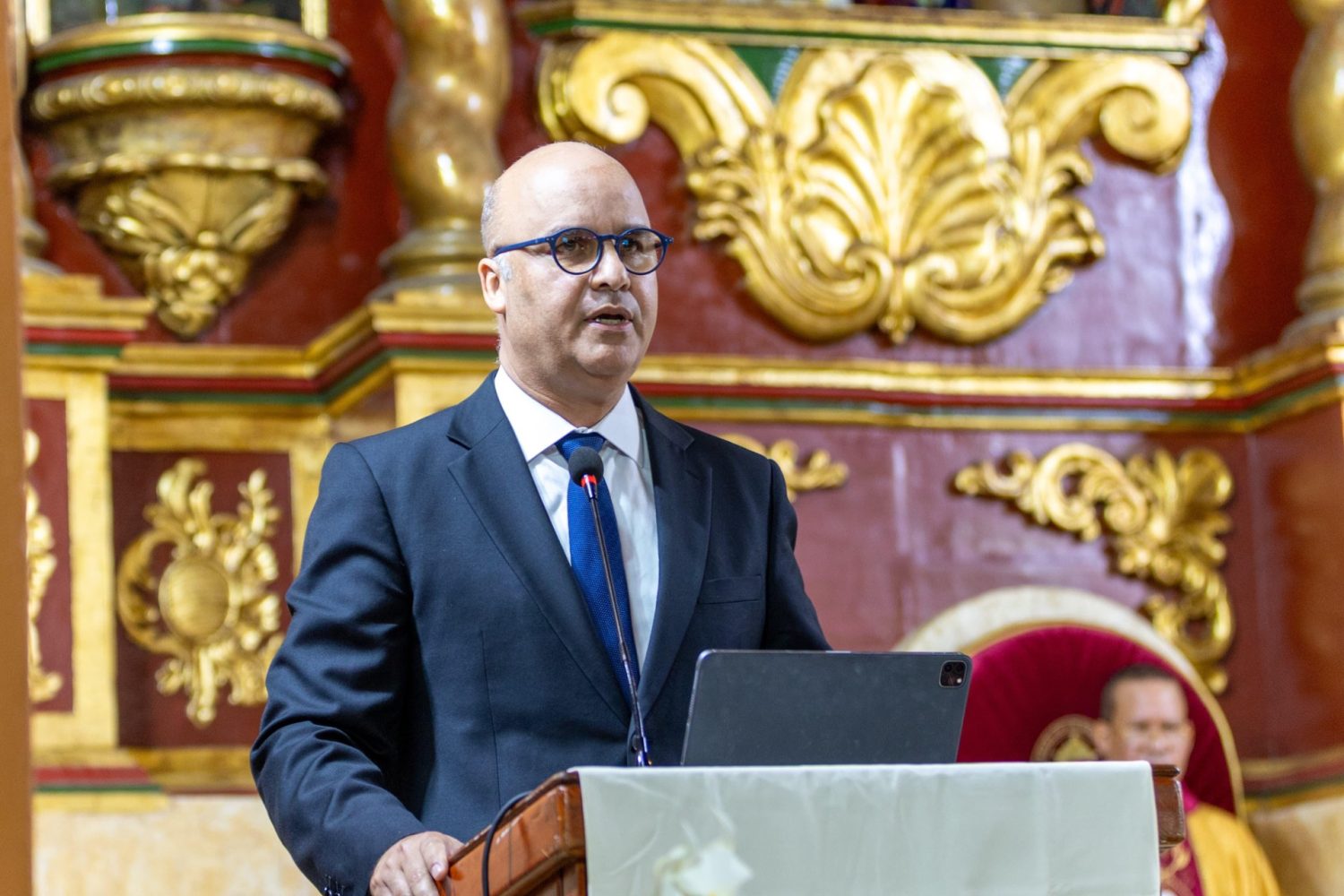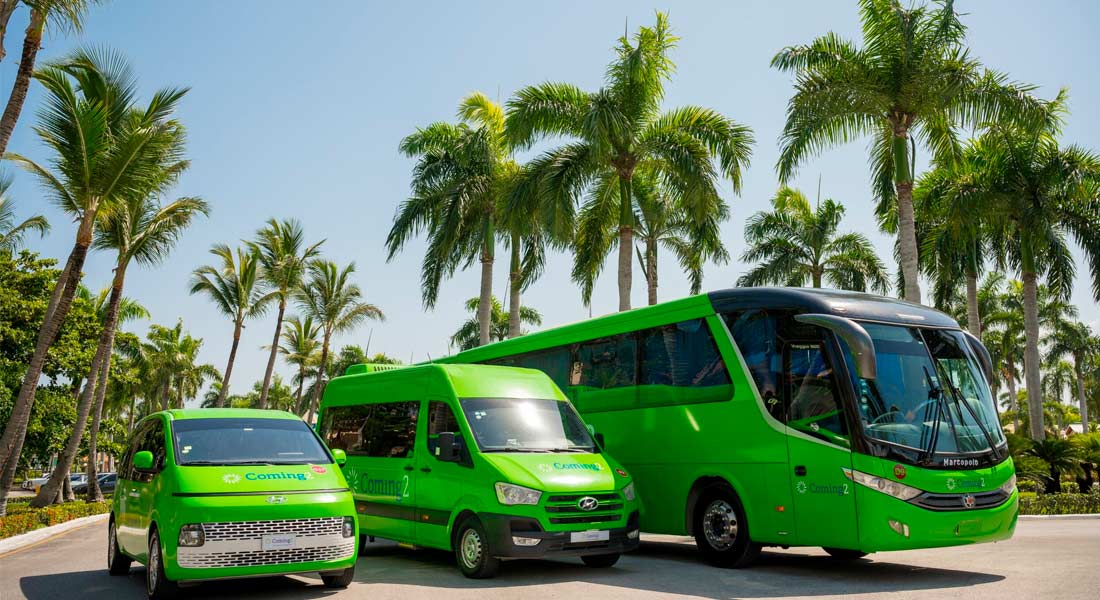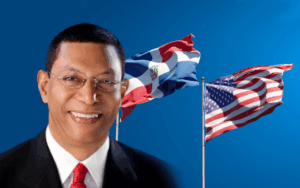President Abinader enacts laws for the development of tourism in Hato Mayor, El Seibo and Duarte

SANTO DOMINGO. – President Luis Abinader enacted this Tuesday, three laws for the development of ecotourism in the provinces of Hato Mayor, El Seibo and Duarte.
Law No. 8-23 declares the province of Duarte as ecotourism, in order to ensure the conservation, sustainable use of natural resources and the promotion of cultural manifestations, for the benefit of the economic and social development of its inhabitants.
For such purposes, the Law establishes an Ecotourism Development Council of the Duarte Province and an executive director. The former will be the governing body for the promotion and regulation of ecotourism activities in the province and the latter will be in charge of executing such policies. The Law creates a provincial fund for the development of ecotourism and orders to set aside an allocation of 60 million pesos per year in the General State Budget for the two years following its enactment.
It also enacted Law No. 9-23 which modifies Law No. 77-02 of July 19, 2002, which declares the province of Hato Mayor as an ecotourism province, with the purpose of adapting the integration and functionality of its governing and executing bodies. It also orders to set aside an item of 20 million pesos per year in the General Budget of the State, for the fulfillment of the provisions of said Law.
Meanwhile, Law No. 10-23 declares the province of El Seibo as a tourist pole, in addition to its previous declaration as an ecotourism province by virtue of Law No. 511-05 of November 22, 2005. In this way, the application of the incentives contemplated in Law No. 158-01, of October 9, 2001, on the promotion of tourism development is provided for.
In recent decades ecotourism has experienced an important boom, due to the adaptation of societies to new forms of tourism, sustainability and environmental development. The enactment of these laws reaffirms the government’s support for the development of these alternative tourism models, which allow for a balance between economic efficiency, social equity and environmental conservation in these areas of the country.





